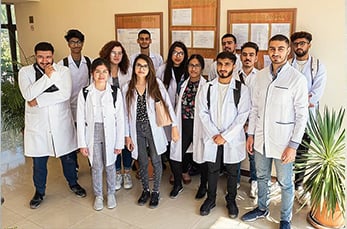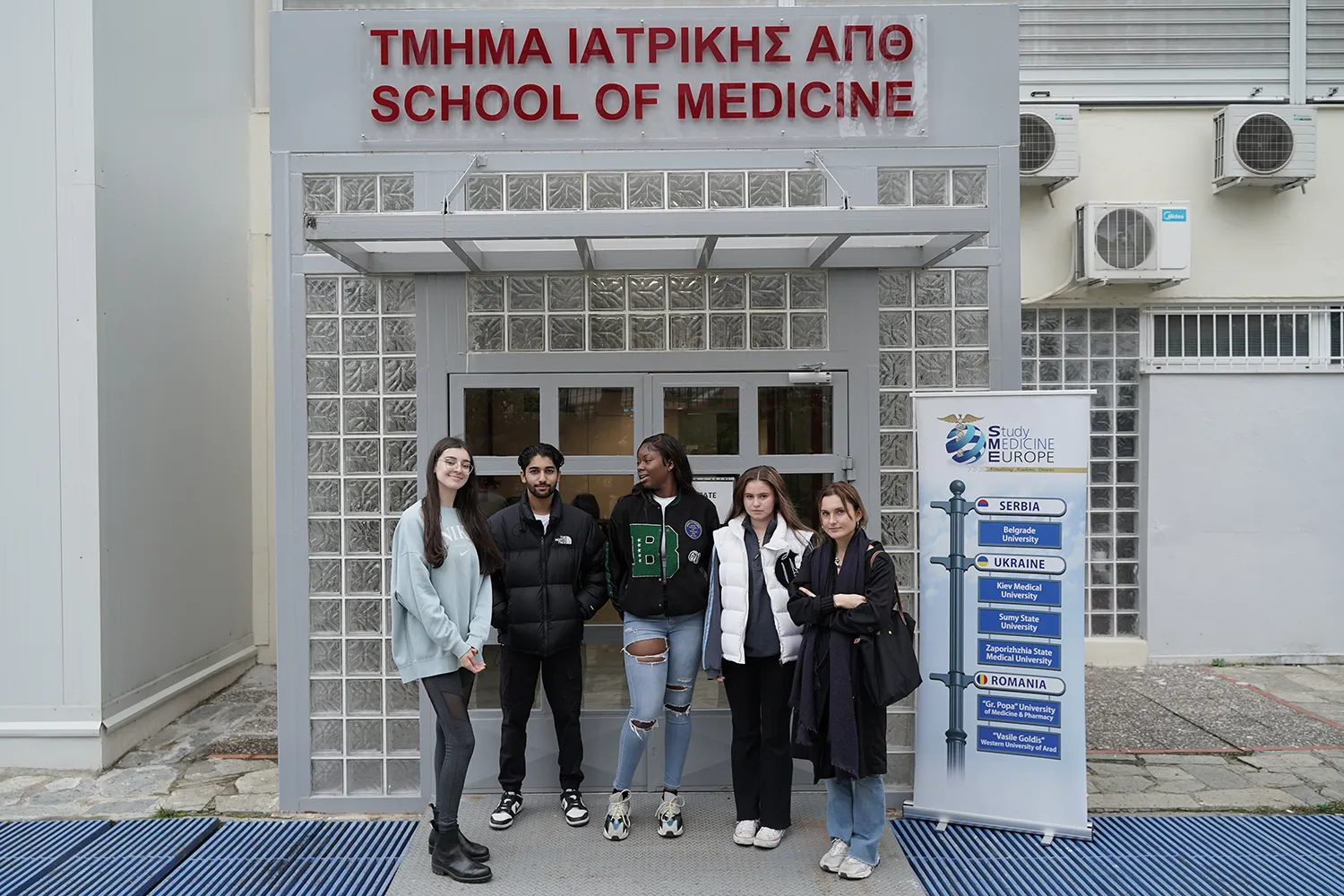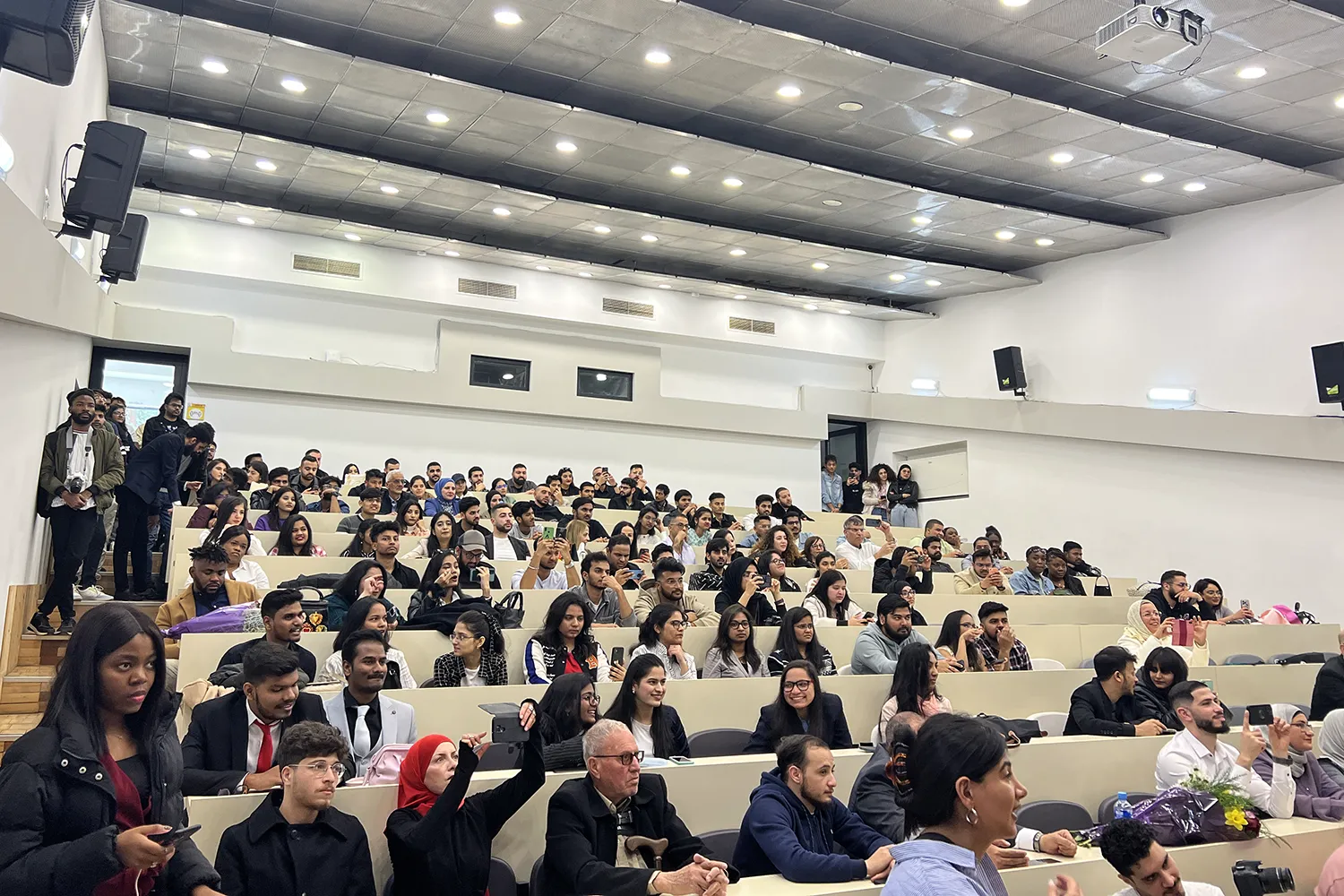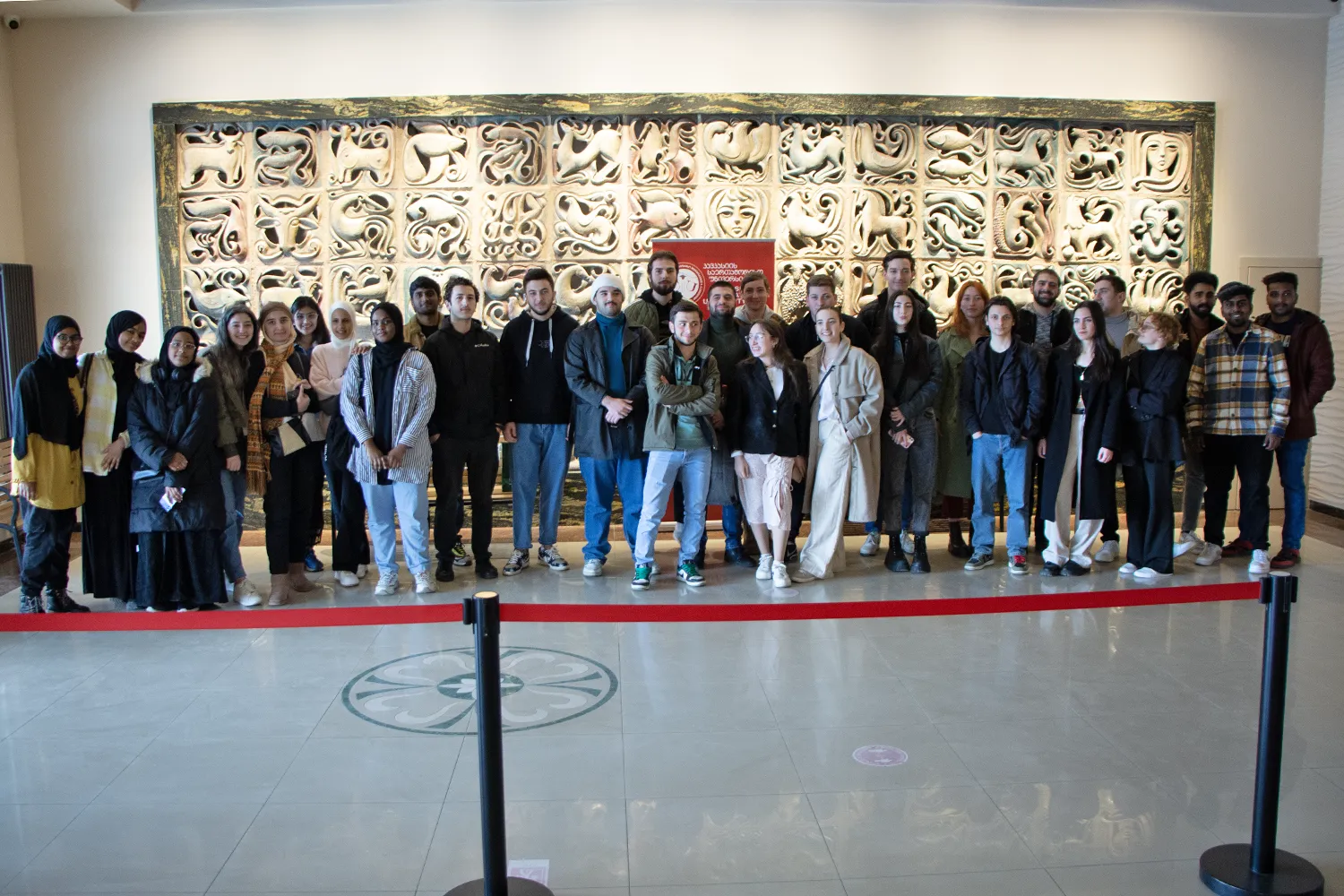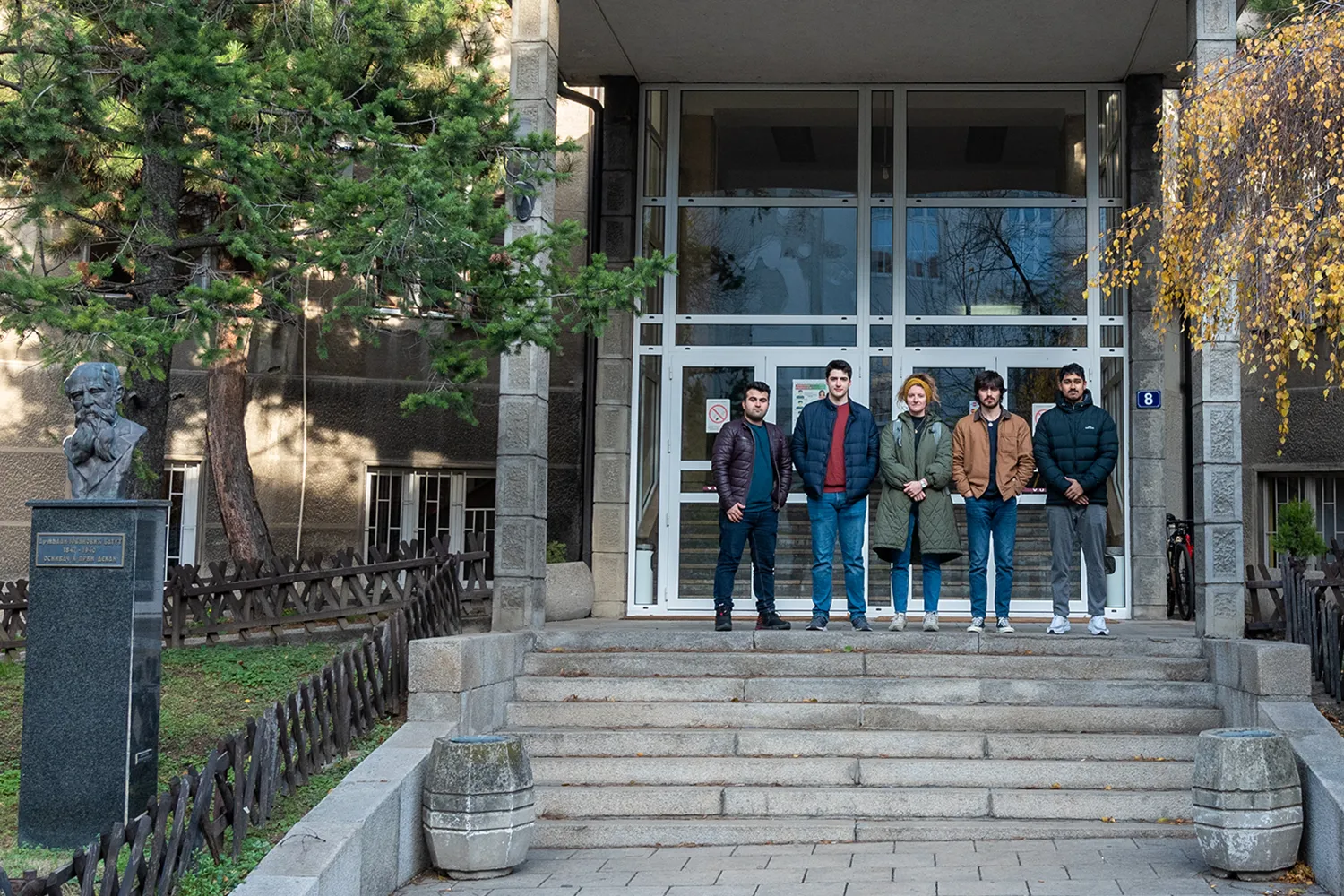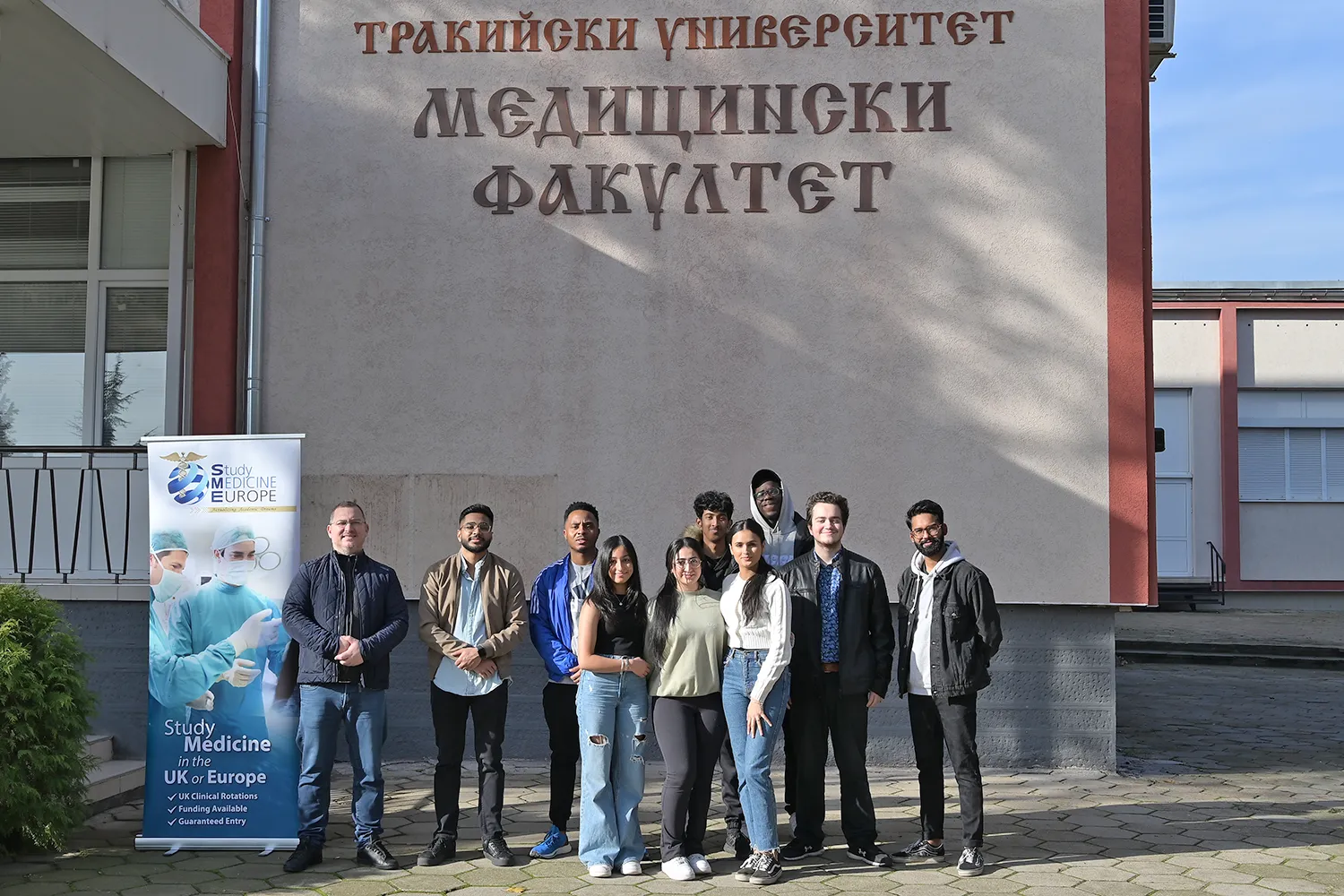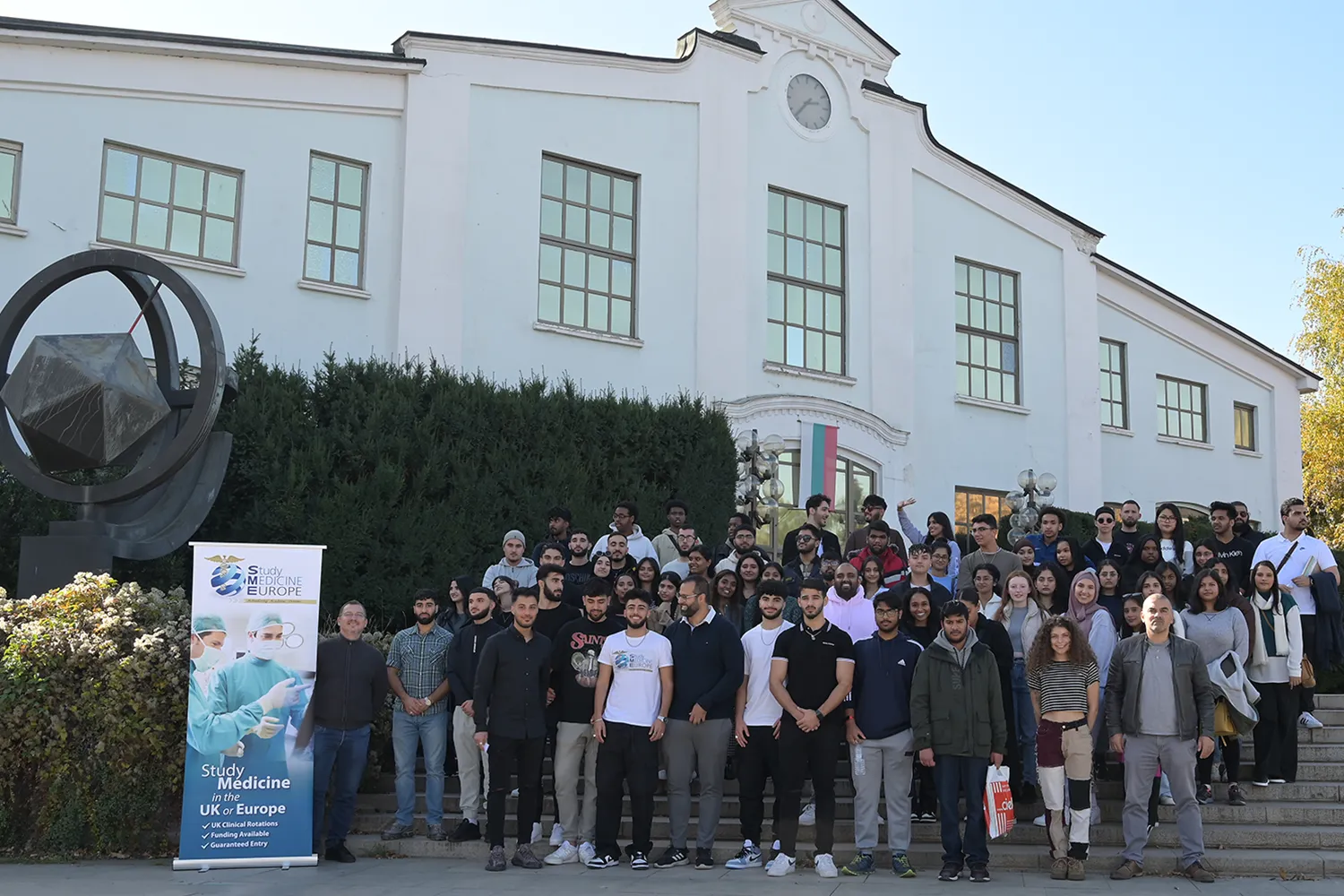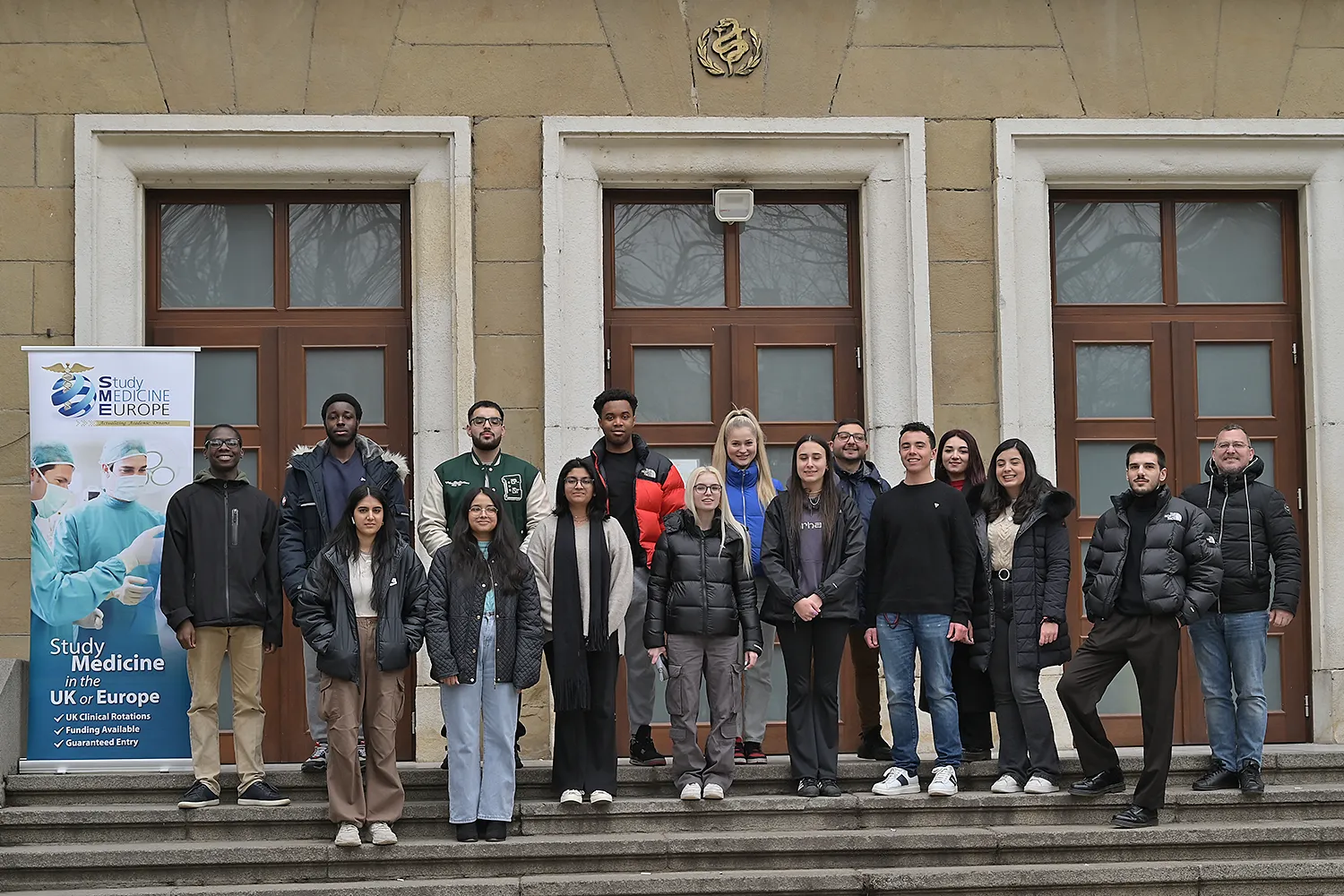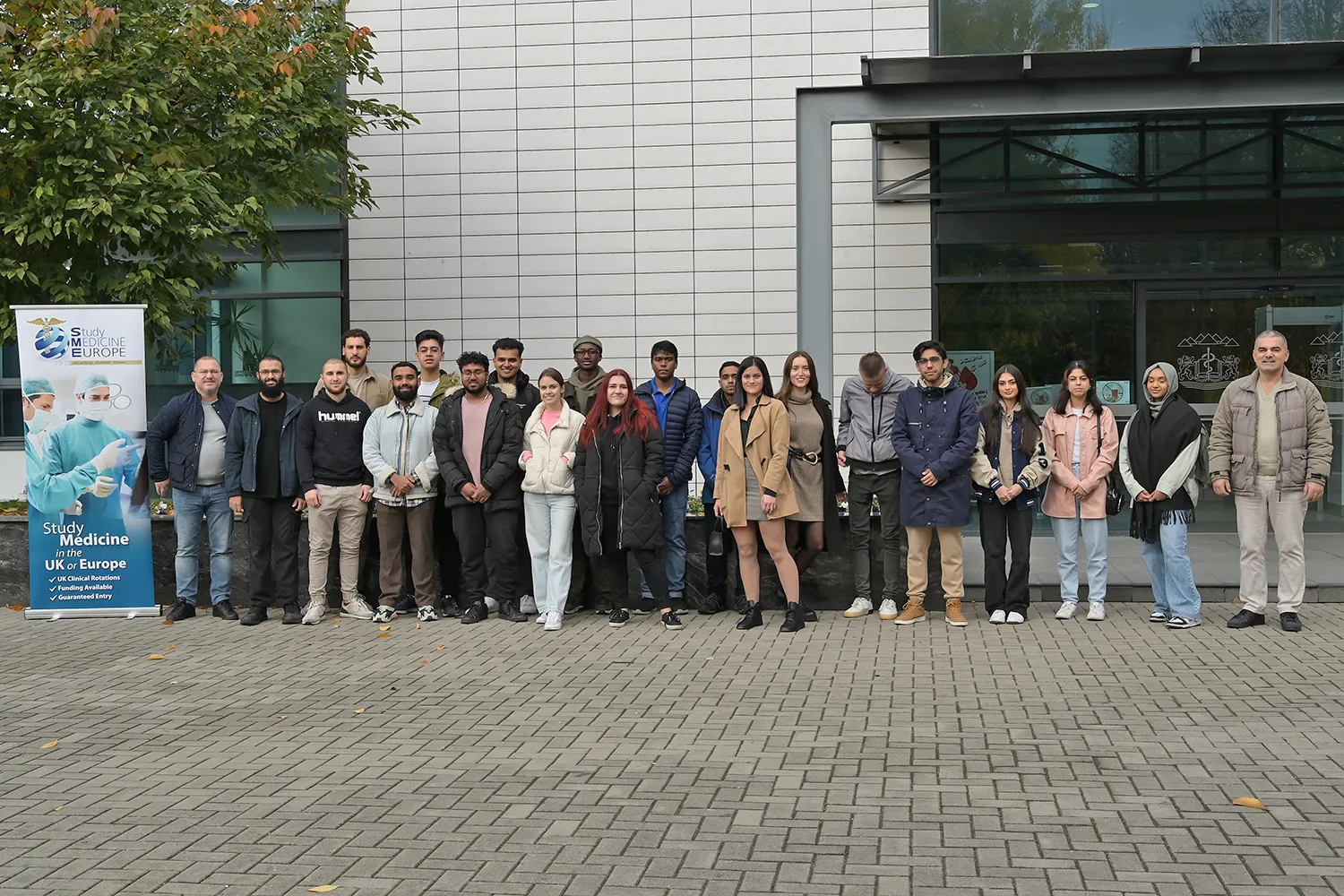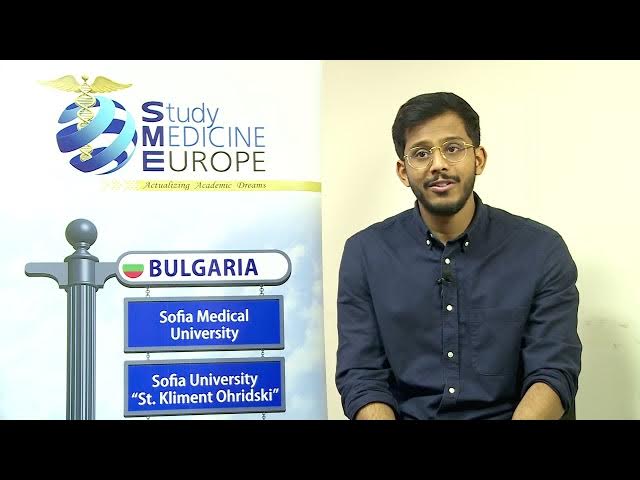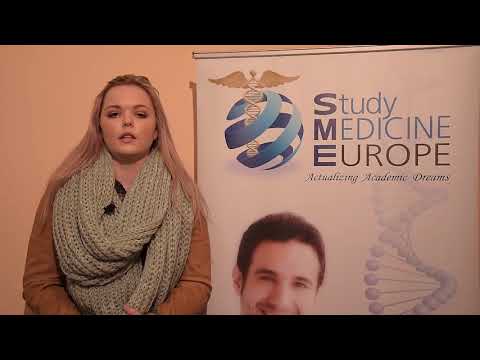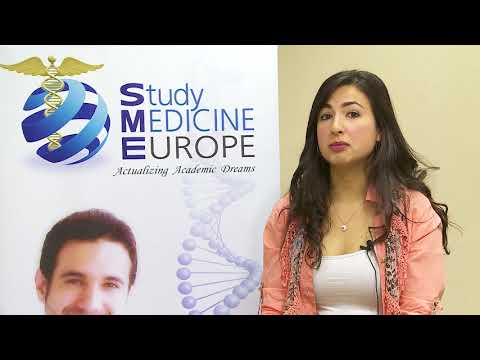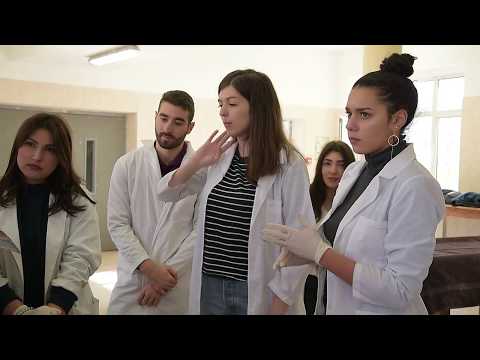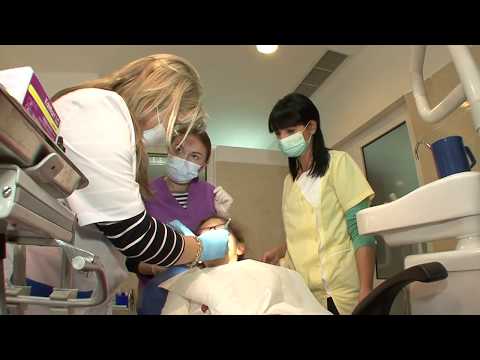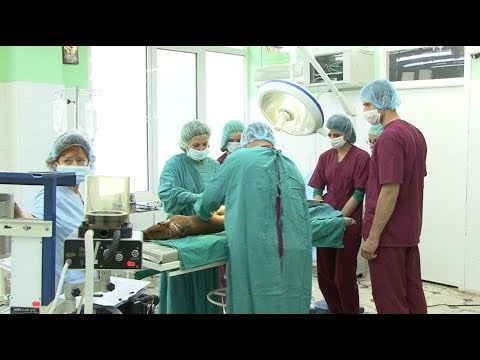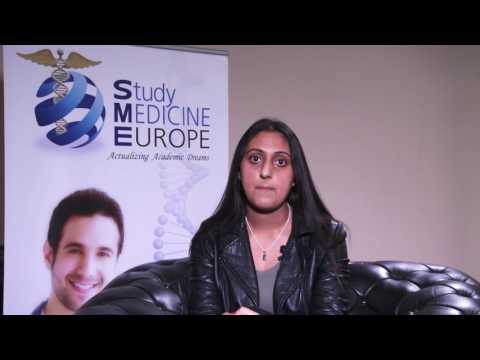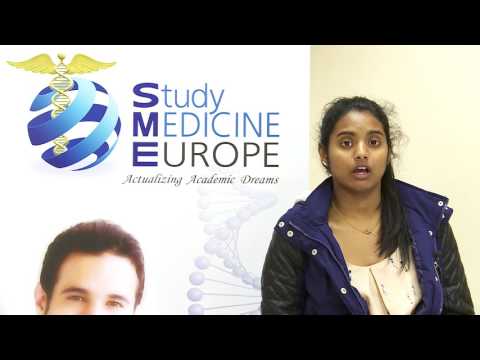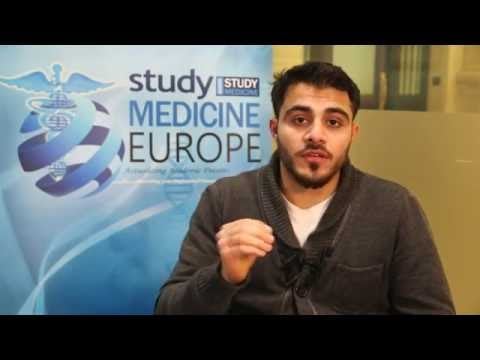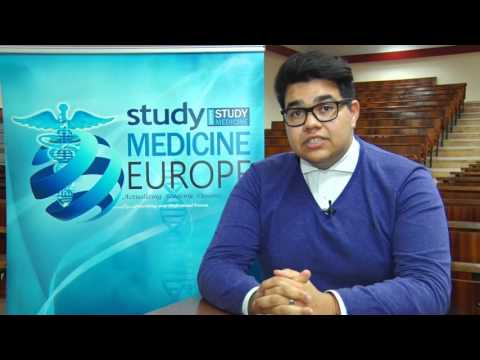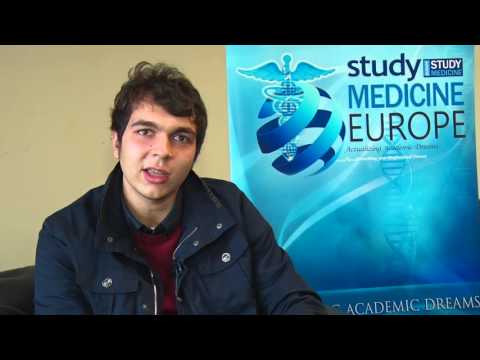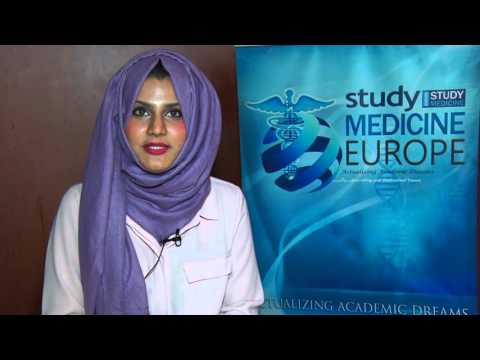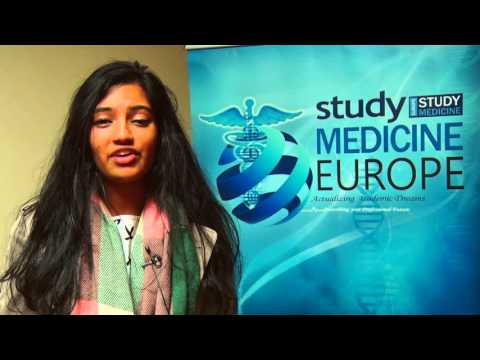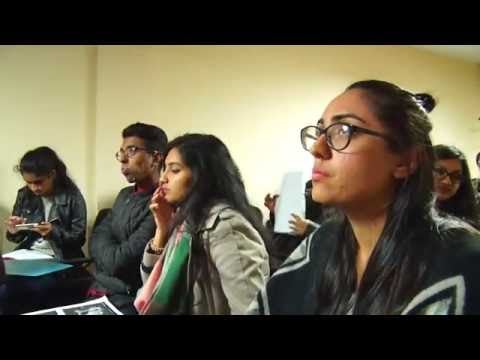All Bulgarian Medical Schools are internationally accredited and acknowledged globally. They are listed on the WHO (World Health Organization) and the FAIMER (Foundation for Advancement of International Medical Education and Research) directories of international medical schools and are on the IMED (International Medical Education Directory) and Avicenna Directories, both of which are public databases of medical schools worldwide.
How do Students that Study Medicine in Bulgaria Understand the Higher Education Accreditation Process
On a national level, degrees awarded by higher academic Institutions in Bulgaria are accredited by the NEAA (Bulgarian National Evaluation and Accreditation Agency), which is a member of the ENQA (European Association for Quality Assurance in Higher Education) and the EQAR (European Quality Assurance Register for Higher Education).
The NEAA evaluates and assures the quality of degrees awarded by all Universities and Colleges in Bulgaria. Its aim is to ensure graduates are skilled, well-educated and specialised scientists. To achieve this, the NEAA supports and continuously enhances teaching and research methods in Bulgaria, favoring innovative initiatives and securing the quality of time-honored learning methods. All Bulgarian Medical Universities are granted accreditation by the NEAA, which is recognised by the EU.
What are the Official Training Program Languages for Students Who Study Medicine in Bulgaria
One crucial factor conducive to ensuring the quality of education for both Bulgarian and foreign medical scientists who study and train in Bulgaria has been the introduction of English taught undergraduate programmes. Hence, all Medical Universities in Bulgaria offer English programs to their students, making it much easier for them to work in a different country after graduating, as well as much easier to assess the quality of taught programmes on a par with other medical schools worldwide.
Can Students that Study Medicine in Bulgaria Practice Medicine Internationally after Graduation
By extension, it goes without saying that graduates of any Bulgarian Medical University can practice in the country of their choice, since all Bulgarian Medical School Degrees are recognised and accredited throughout the world by the respective local bodies responsible for accrediting graduate medical training programs, such as: ACGME in the USA and GMC in the UK, to name but two of these bodies.
More specifically, graduates who wish to practice in any EU member state, need simply register with the respective government body or agency before being granted residency to practice or pursue specialisation. Graduates interested in practicing in non-EU countries, are obliged to go through the necessary assessment procedure, if applicable, stipulated by governing authorities in their respective Ministry of Health.









